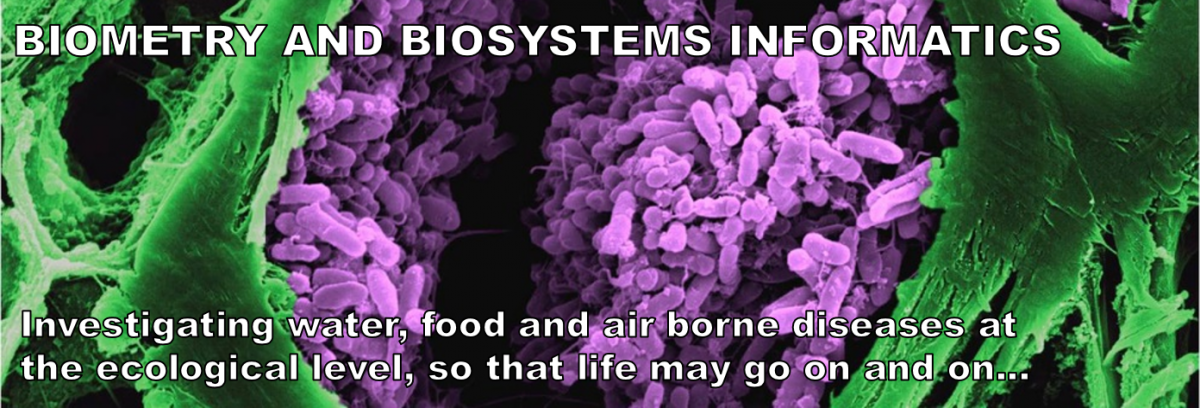|
Biometry and Biosystems Informatics deals with health issues, mostly pathogenic diseases, found among humans, animals, and the environment (air, water, and food). Emerging infectious diseases, including avian and swine influenza, SARS, tuberculosis, Shiga-toxin producing E. coli, etc., are closely associated with animals, food, and the environment. Solutions to infectious diseases need to be investigated at the level of ecological systems. The BE department has a strong tradition of addressing these issues, utilizing smartphone- and cloud-based diagnostics, big data analysis, genomic/proteomic identification of pathogens/diseases, lab-on-a-chip biosensors, and nanotechnology-based sensing and therapeutics.
|
Faculty Affiliated with Biometry & Biosystems Informatics Research:
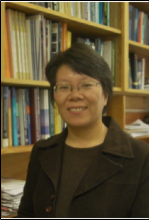 |
 |
 |
 |
| Dr. Lingling An | Dr. Bonnie Hurwitz | Dr. Haiquan Li | Dr. Jeong-Yeol Yoon |
Research Projects
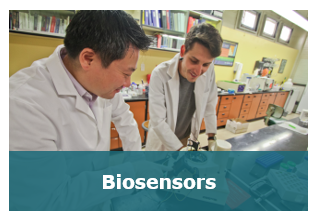 |
Biosensors Lab is harnessing and evolving data processing, optical sensing, and smartphone technologies to enable first-responders with the power of a laboratory that fits in their pocket and administers on-site, real-time, scientific analysis. We develop tools that enable the detection of pathogens in food sources or water supplies, the analysis of nucleic acid in humans and animals for medical diagnostic assistance, and engineering cell-cultures on micro-chips that simulate human organs to analyze relationships and risks of medical treatments. |
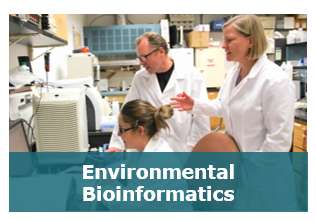 |
Hurwitz Lab is committed to open science! Developing bioinformatics tools and supporting community data resources, our projects enable large-scale "–omics" analyses at all levels of computational-ability. With large-scale data-sets, high-throughput computing, and big data analytics, we leverage technology to answer questions related to the relationship between microbes, their hosts, and the environment. |
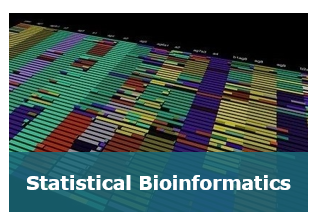 |
Our statistical group's research covers the interdisciplinary boundaries of Statistical Sciences, Biological and Medical Sciences, Genomics and Genetics. Through statistical and computational analysis of high-dimensional data, we develop timely statistical methodologies that enable biologists to ask, answer, and disseminate biological information in the quest to understand the ultimate function of DNA and the gene network. |
|
The U'Ren Lab is interested in characterizing the biotic and abiotic factors shaping the assembly of plant-associated fungal communities, how community structure and diversity impacts ecosystem function, and the evolutionary dynamics of fungal symbiont evolution in the context of closely related pathogens and saprotrophs. |


